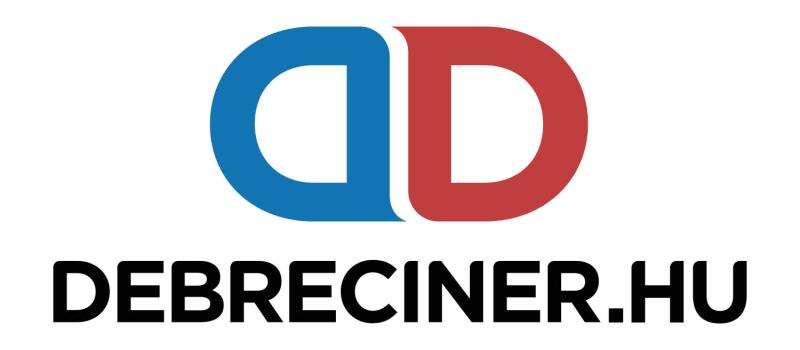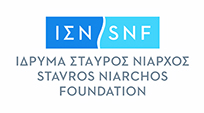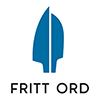
Founded in 2019, Debreciner is an independent digital media outlet based in Debrecen, the second-largest city in Hungary. It covers general news in eastern Hungary in the form of interviews, features, investigative and narrative journalism articles, opinion pieces, reviews, essays, and chronicles.
One of the most important aspects of the crisis of Hungarian democracy is the lack of media pluralism and the hostile environment for the free press. As one of the early local sites in the development of the Hungarian autocratic system, Debrecen quickly became aware of the democratic and social deficit, which we are only able to mitigate with the operation of an independent press that reports local affairs. In response to this recognition, in the summer of 2018, a group of committed local patriots decided to initiate a project with creating an independent, online, local newspaper based on strict professionalism called Debreciner. The publisher of Debreciner is the Together for Debrecen Association (Együtt Debrecenért Egyesület, EDE), and in June 2019 the newspaper was launched.
Over the past four years, we have managed to stabilize our operations. We are currently working on expanding the administrative capacity of our organization and rejuvenating content production and enriching our "new media" materials. Debreciner has become a recognized local player in the Hungarian independent media market. In the past year, all our major audience numbers increased significantly. Currently, we have 51000 followers on Facebook, and according to Google Analytics we had 600.000 users, 1.600.000 page views in 2022.










